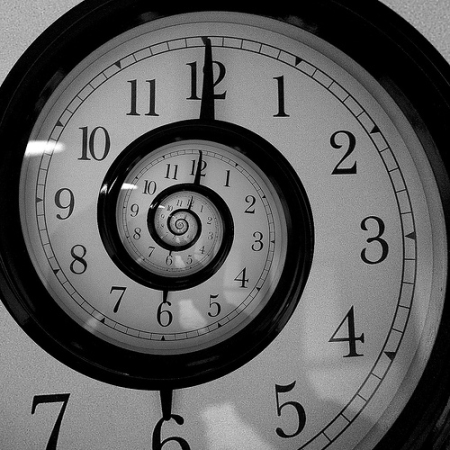There is no paradox in time-travel. If you went back in time and killed the younger version of yourself, you will not die. However, many folks think otherwise--as it is wrongly depicted by films like "Back to the Future". The apparent paradox that traps so many people is a result of what I call the "Continuity Complex" that plagues the human mind.
The "self" arises because of the "continuity" that we feel of our self moving from the past to the present. But in fact, each instance of us in time is a separate person. We are a new being every second...or every millisecond. We are forever changing. The "me" of this second is not the same as the "me" of the next second.
In a larger cosmological context, the universe of this moment is not the universe of the next second. Thus, if you went back to the past, you did not really go back to the "past"--you just simply went to another separate "place". And in that place, you can do anything you want--without fear of affecting the previous time-place where you came from. It's a whole new world of its own.
Now all this conjecture is simply a play of Gendaken experiment. Thus if I ever get the chance to go back in time, I will definitely kick my younger self in the butt. I deserve it.


2 comments:
I get the continuity complex thing, but to extrapolate from this bit of psychology to a whole cosmology seems a bit of a long stretch! After all, if each moment in time is 'a separate place', how on earth would causality work. It seems to me that each moment must influence the moment that follows it (and in strictly determined ways that follow the laws of physics) or you just don't have causality at all.
I should've mentioned about the "Many Worlds" interpretation in Quantum Mechanics. Once something "happens" (wave function collapses) then i think it's completely a separate world-line from then onwards. If you succeed in going back to the past, its a unique new worldline in itself, separate from the cause. The effect is, of course another new world-line. :)
Thanks for bringing the issue of cause-and-effect into the table.
Post a Comment